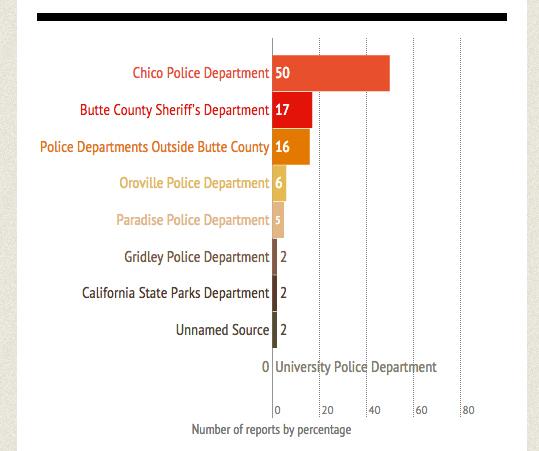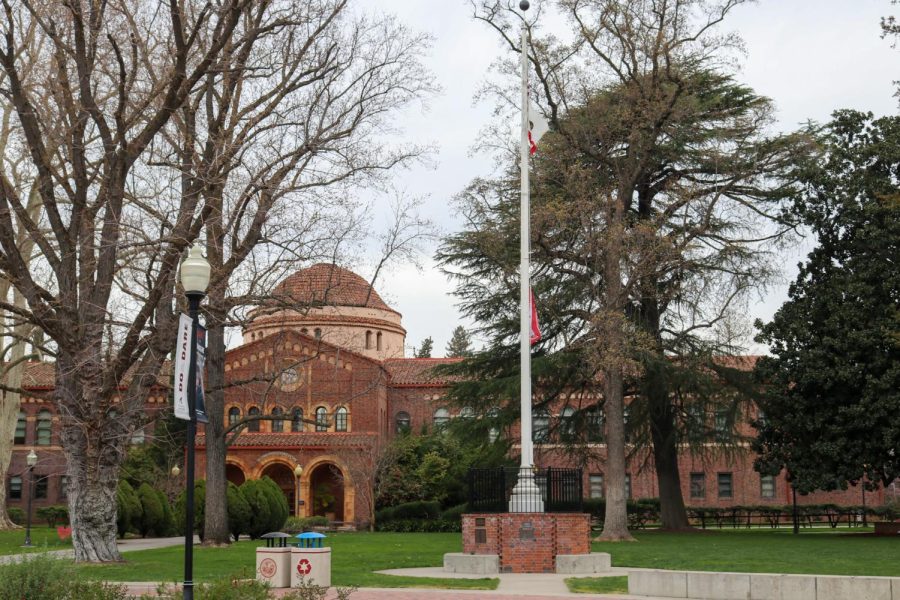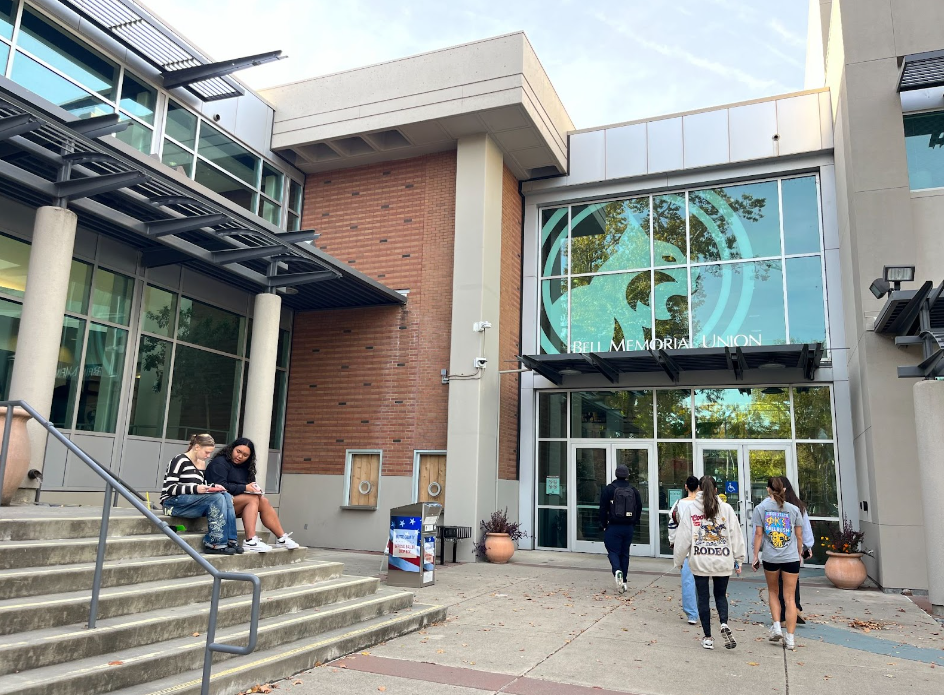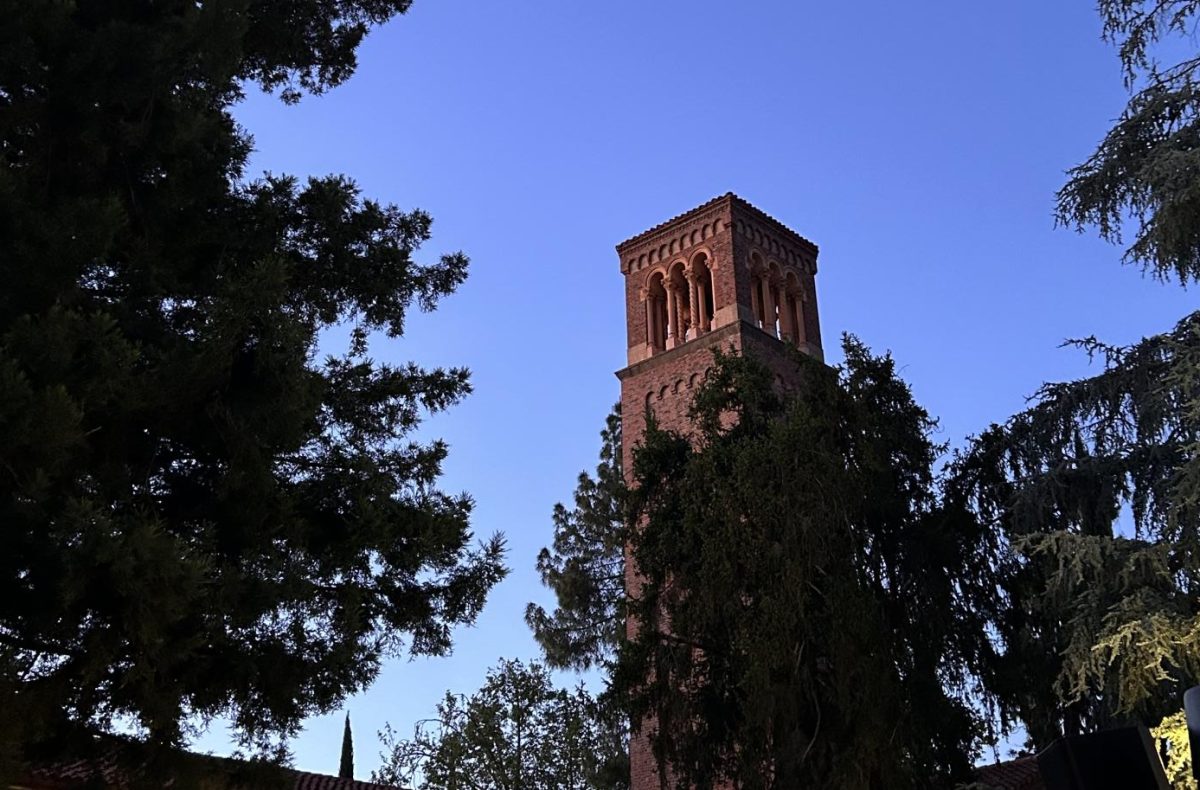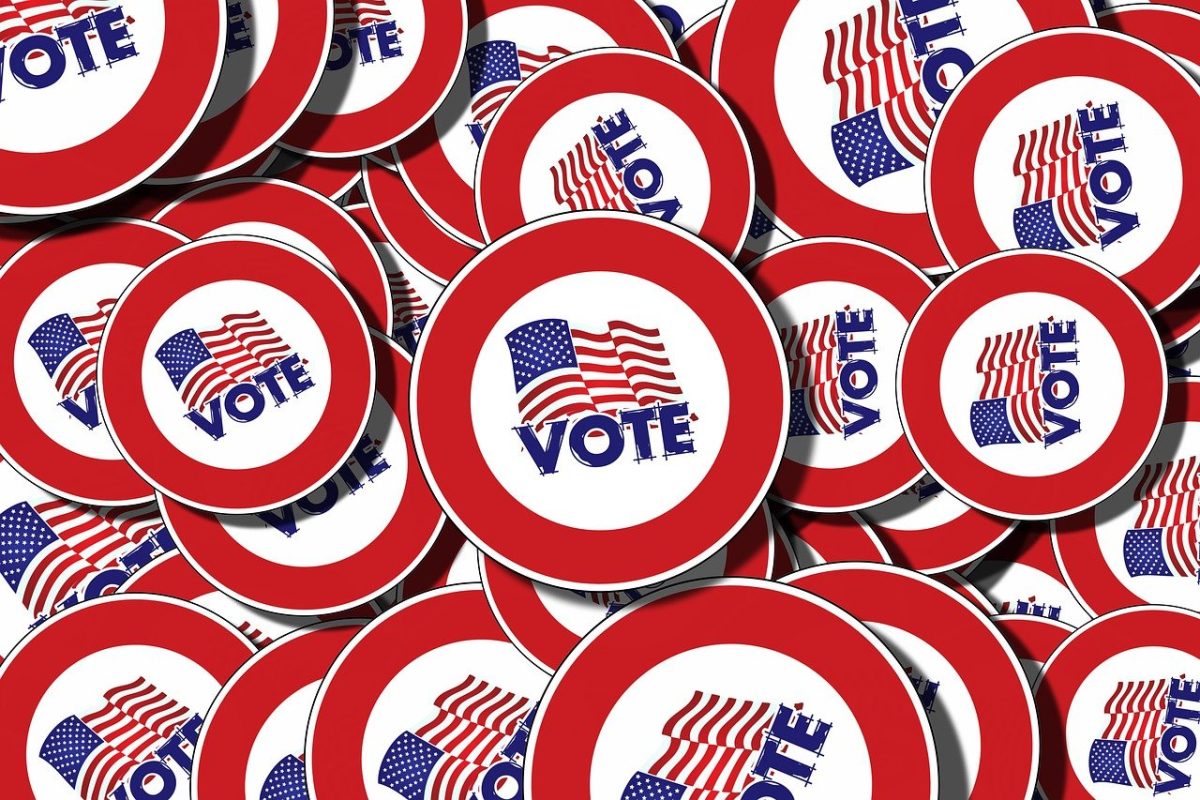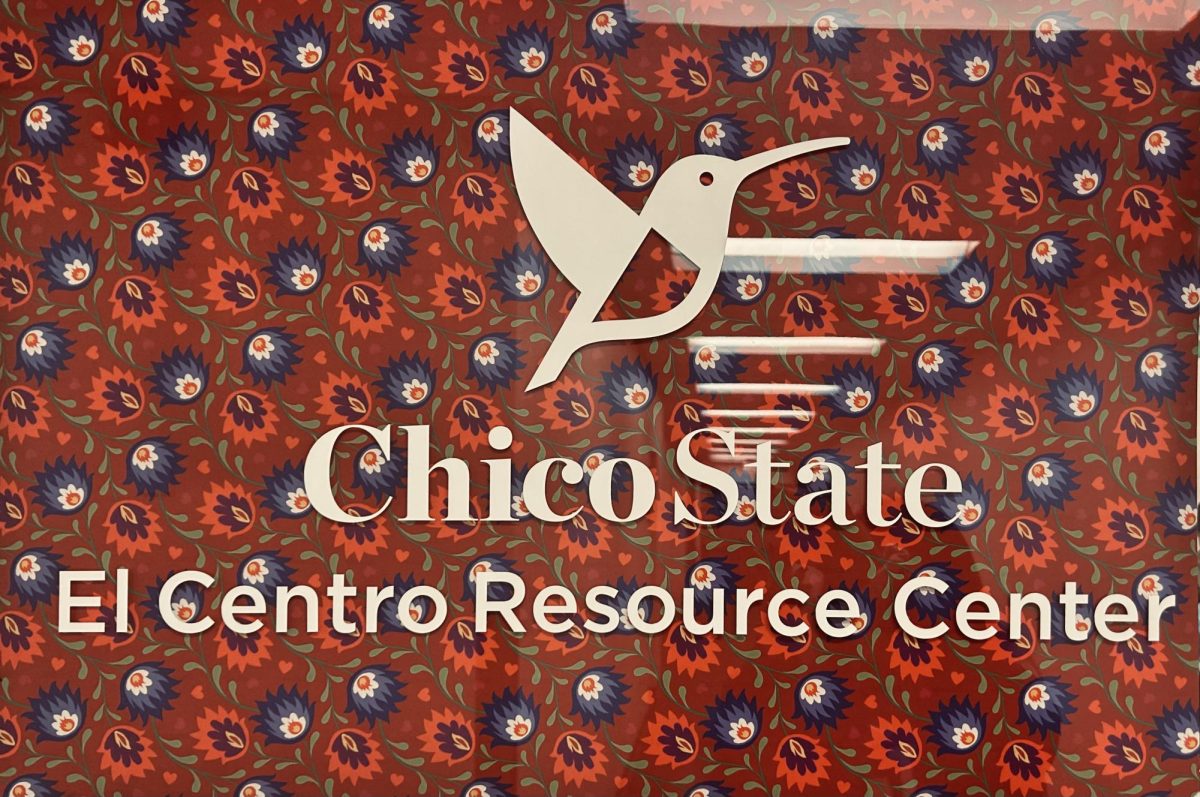In 2013, 65 exams were conducted at Enloe Medical Center for victims of sexual assault, according to an annual report from the Butte County Sexual Assault Response Team released Oct. 1.
If every victim of sexual assault was getting an exam after the assault, the number would be much higher, said Jacquelyn Winters Hall, co-chair of the Butte County Sexual Assault Response Team and a forensic nurse at Enloe Medical Center.
“The lack of reporting is our main message,” she said. “We want to eliminate shame and victim blaming so patients feel comfortable coming to us.”
Out of the 65 exams, no sexual assault victim in the University Police Department’s jurisdiction, which covers any area owned or leased by Chico State, went to Enloe for a medical exam, according to the report.
Of those assaulted, victims were referred to Enloe Medical Center by the following:
- 50 percent by the Chico Police Department
- 17 percent by the Butte County Sheriff’s Department
- 16 percent by police departments outside of Butte County
- Six percent by the Oroville Police Department
- Five percent by the Paradise Police Department
- Two percent by the Gridley Police Department
- Two percent by California State Parks
- Two percent were not referred by a source
- None by California State University, Chico Police
Every victim has a decision of whether or not they should get a medical evaluation, said Emily Peart, University Police Department’s Safe Place coordinator and committee member on the Sexual Assault Response Team.
Forced or coerced use of drugs or alcohol were reported by among nearly one third of victims, so many patients did not know or remember where they were sexually assaulted, Hall said.
If victims do not remember where they were assaulted, jurisdiction immediately falls back to the Chico Police Department, she said.
Enloe has made a commitment to make sure every patient is seen, regardless of jurisdiction, Hall said.
“Wherever the assault occurred, they’re still our patients,” she said. “They’ve been harmed and we want to help them.”
In the report, the median age of the victims was 26 years old, with 44 percent of victims younger than 25 years old. Determining whether a victim is a student was not a part of the exam in the past, a question that will be included in the exam beginning this year, Hall said.
“Next year, we’ll be able to break down who are Chico State students,” Peart said.
All 65 exams were conducted on female victims, Hall said.
“It’s one of our goals to reach out to men and let them know that it does happen to men, and they should come in as well,” she said.
Peart said there is a great stigma and lack of truthful information when it comes to sexual assault and men.
“I don’t think it’s really portrayed that men can even be medically evaluated after a sexual assault and they can,” Peart said.
To make victims of sexual assault more comfortable with reporting the assault, Enloe adopted a new service to provide quicker DNA results from a rape kit.
The service is called Rapid DNA service and provides DNA results from a rape kit in just 15 days. This is in comparison to the 18 months it used to take for testing, or no testing at all, Hall said.
The DNA goes through a system called CODIS, which has all unsolved crime DNA and any known criminals. With this system, repeat offenders can be linked and a suspect profile can be created, she said.
Formerly, law enforcement would pick and choose which sexual assault cases to request DNA from, Hall said. Now, every patients’ swabs are sent.
Only eight of the 58 counties in California have the service.
This service is better than the old one because victims are still involved in their case within that time. Under the old method, patients often gave up and moved on due to the slowness of the process, Hall said.
“The victim is still involved, the evidence is still there, the victim hasn’t moved on or started a new life,” she said.
Madison Holmes can be reached at [email protected] or @madisonholmes95 on Twitter.




